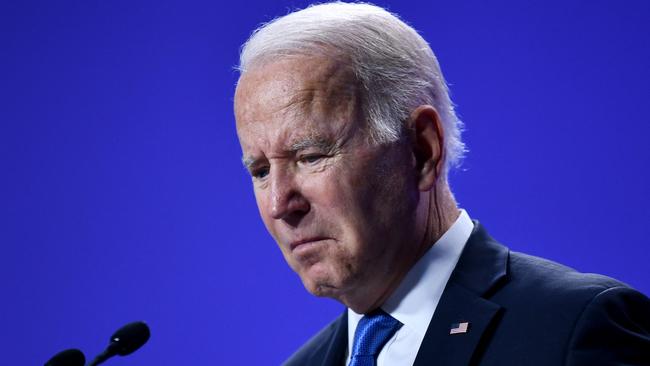
First, Biden. In the presidential election, Biden won Virginia by 10 points. For a couple of decades, Virginia has been solidly Democratic. It’s decreasingly rural, increasingly suburban and racially diverse. Biden, Vice-President Kamala Harris and former president Barack Obama campaigned energetically for the Democrat candidate, Terry McAuliffe. Democrats targeted Donald Trump, his legacy and his ongoing influence in the Republican Party.
The successful Republican, Glenn Youngkin, was a political novice from business. He didn’t criticise Trump but did not campaign as a Trump surrogate. He promised to lower taxes and increase parental influence in schools while hosing down progressive ideology.
Youngkin heavily won independent voters. One shocked CNN commentator said: “Youngkin is defying demographics.” But voters seldom do as they’re told. On the same day, the governor’s race in Democratic New Jersey was line ball.
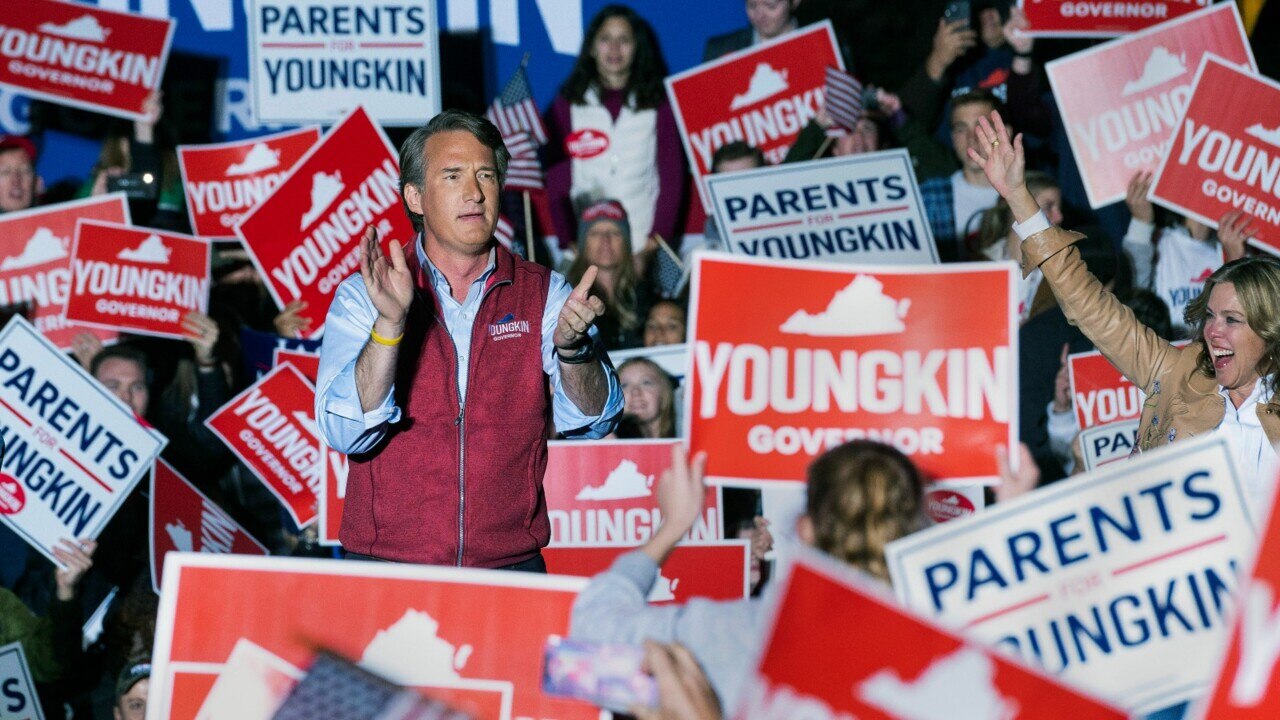
There are two important consequences for Australia. The first is political. In the week of the COP26 Glasgow climate summit, no one motivated to see maximum action to curb greenhouse gas emissions was voting Republican. Yet Biden cannot get his climate change legislation through congress, and his party was mauled both in Virginia and New Jersey.
Scott Morrison, who has had a rough week, can take consolation, inspiration even, from the conclusion that whatever the meta-ideological obsessions of the day, a well-run campaign on bread-and-butter issues with a credible candidate is a good chance in any election.
Also important to Australia, Biden is severely weakened by Virginia. Generally we benefit when the incumbent president, whatever his party, is coherent and successful. It’s a long time since Biden’s been coherent. He’s ceasing to be successful, though all politics is temporary.
Bizarrely, Biden spent the week trashing the AUKUS strategic agreement he joined with Boris Johnson and Morrison. Ever since AUKUS was announced, Biden has been apologising to France’s Emmanuel Macron. When Biden described the agreement’s process as “clumsy”, we presumed he was referring to Australia, whereas reliable Washington sources tell me he’s annoyed with folks in his own administration, who he thinks didn’t warn him properly of France’s likely reaction.
AUKUS was wildly over-boomed by Morrison and many commentators. The only new thing about it is nuclear-propelled submarines, but it turns out these are so far off in the never-never land of distant imagination that their practical relevance is unclear.
AUKUS is useful symbolically if it shows the world how close the Americans are to us. Biden has undone much of that symbolic utility with his meandering and at times ridiculous remarks. At no point in his endless apologies to the French has he uttered a single word in defence of AUKUS. Even more tellingly, Biden attended two multilateral meetings with Morrison – the G20 in Rome, and COP26 in Glasgow. It’s very difficult for Morrison and Biden to meet in person because the distance from Canberra to Washington is so great, Covid has complicated travel and at Biden’s advanced and delicate age his officials don’t like him to travel much. Yet at neither conference did Biden hold a one-on-one meeting with Morrison.
While Morrison met with Biden and Boris Johnson in a trilateral in the UK last year, he has had only one one-on-one meeting with Biden as president.
It was never the case that Australia was the US’s most important ally. Biden has made clear he gives greater weight to France, and we are certainly well behind Britain in importance to the Americans. That’s not surprising. Britain is a bigger economy, a bigger defence power, a veto-wielding permanent member of the UN Security Council, and possesses nuclear weapons.
Nor are we the US’s most important ally in Asia. On any measure, Japan is far more important to the US than we are. But we are a close and intimate ally of the US and very important to them. And they are immensely, fundamentally, existentially important to us. Biden’s drifting mind has for the moment been recaptured by the Atlanticists who dominate his foreign policy team, as opposed to the Asianists who are a minority, though given great prominence by the challenge of China. The Biden administration has in effect been conducting its own internal civil war through sequential, duelling presidential statements.
There is also a small but powerful group inside Biden’s inner circle who just don’t like Australia, especially under a conservative government. Ronald Reagan used to think warmly of Australia as the California of the future. These folks see Australia as the Alabama of the past. There’s a lot of proactive managing and high-skill diplomacy required of the Morrison government here.
The gravest charge against the Morrison government in all this recent kerfuffle, however, is not that it managed things sub-optimally in diplomatic terms, though that’s certainly true. It’s rather just the staggering Keystone Cops chaos of our entire submarine efforts.
The French ambassador’s Inspector Clouseau insults were far less important than three devastating points of substance he made on this matter, to which the Morrison government has given us no good answers.
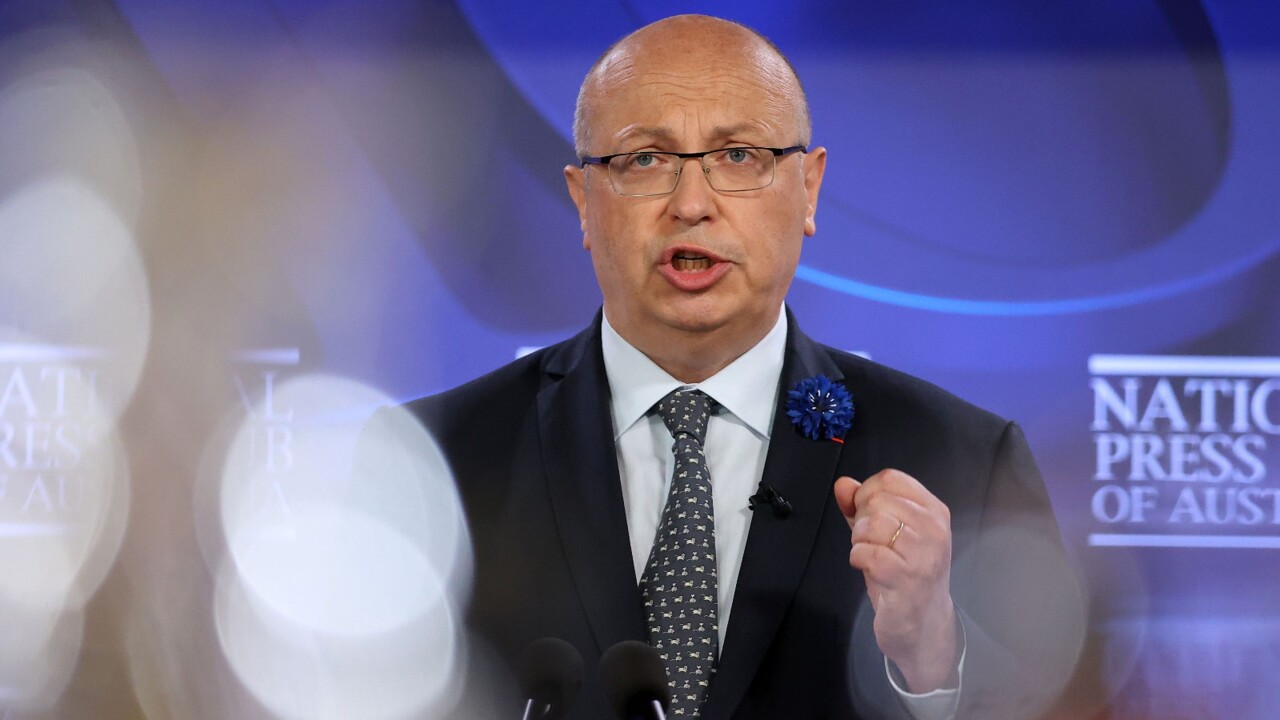
The ambassador cited the most senior Australian military and civilian defence leaders who as recently as last week told Senate Estimates the French submarine project, when cancelled, was on schedule and on budget. Why, the ambassador rightly asked, did the Australian government never, at any stage, make any serious defence of its submarine project? Was it, he reasonably speculated, because they were planning to double cross the French for a long time?
I myself was often astonished over the past few years at the difficulty of getting from the government plain, favourable information about the project, such as when its costs went down because the Australian dollar went up. On balance, I think I can reassure the ambassador that it was monumental political incompetence – especially when either Marise Payne or Linda Reynolds was defence minister – rather than some Machiavellian calculation.
Second, how can the Morrison government simultaneously claim the French subs would be the best conventional subs in the world and obsolete the day they came into service? Only six nations have nuclear subs, some in very small numbers. Is Canberra saying every other sub in the world, including our venerable Collins boats, are obsolete?
Finally, the Morrison government has ditched an actual submarine program for a vague committee looking at future possibilities. How on earth will it bridge the unavoidable capability gap after the Collins?
So far, there are no good answers to these questions.


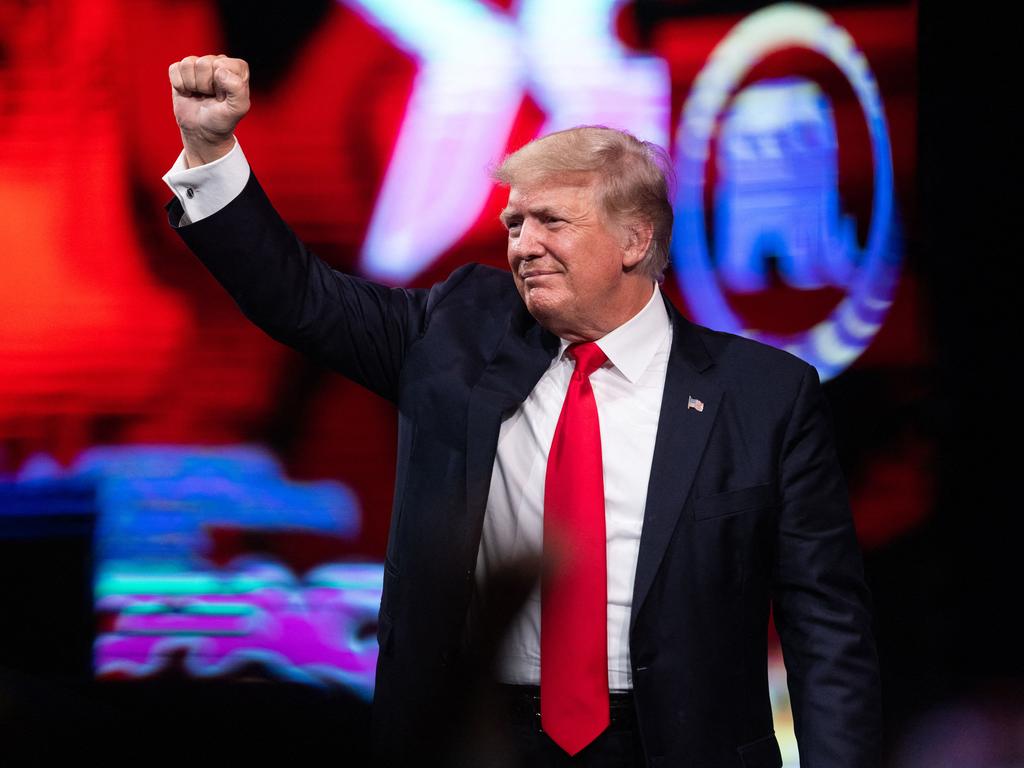
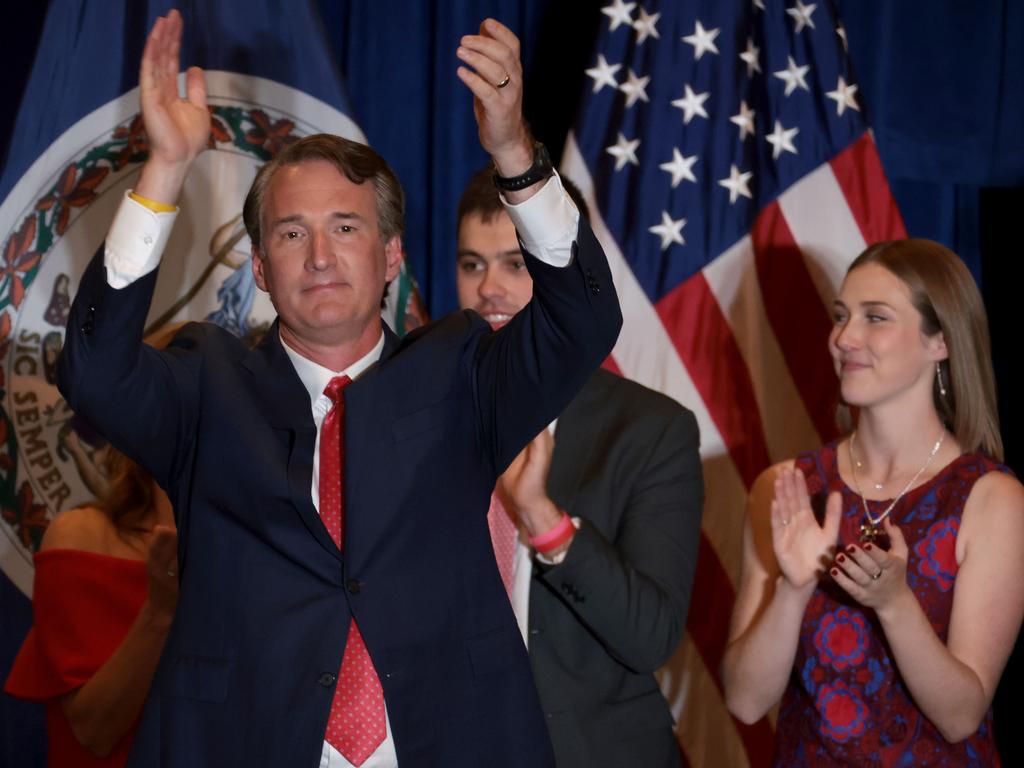
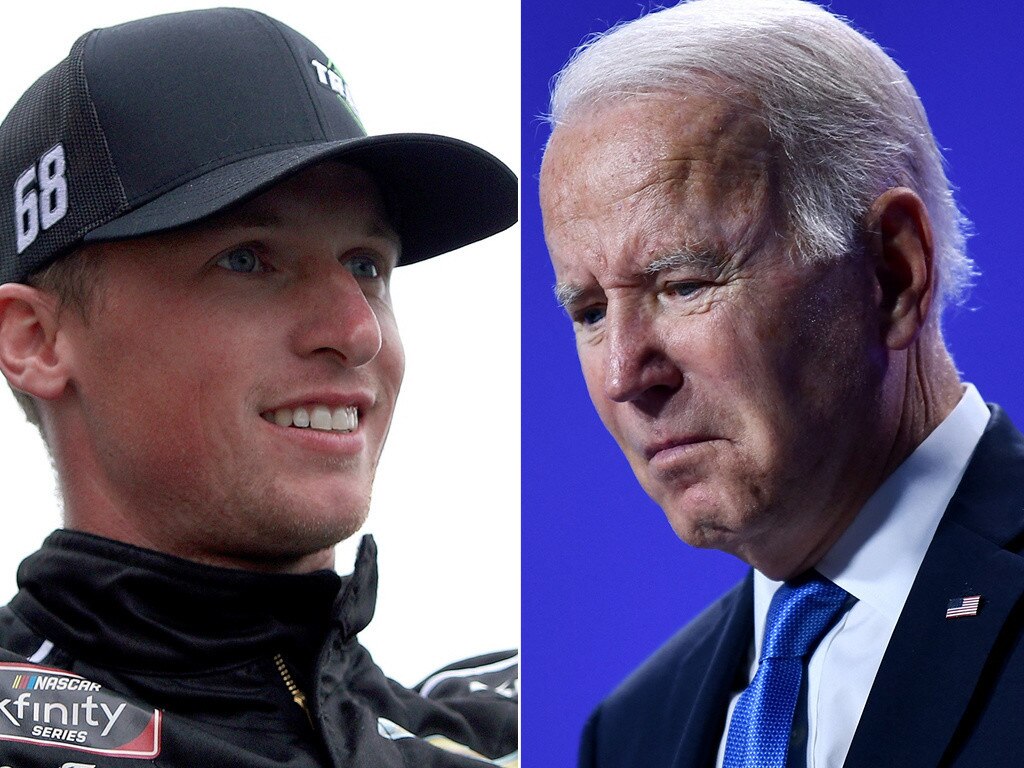
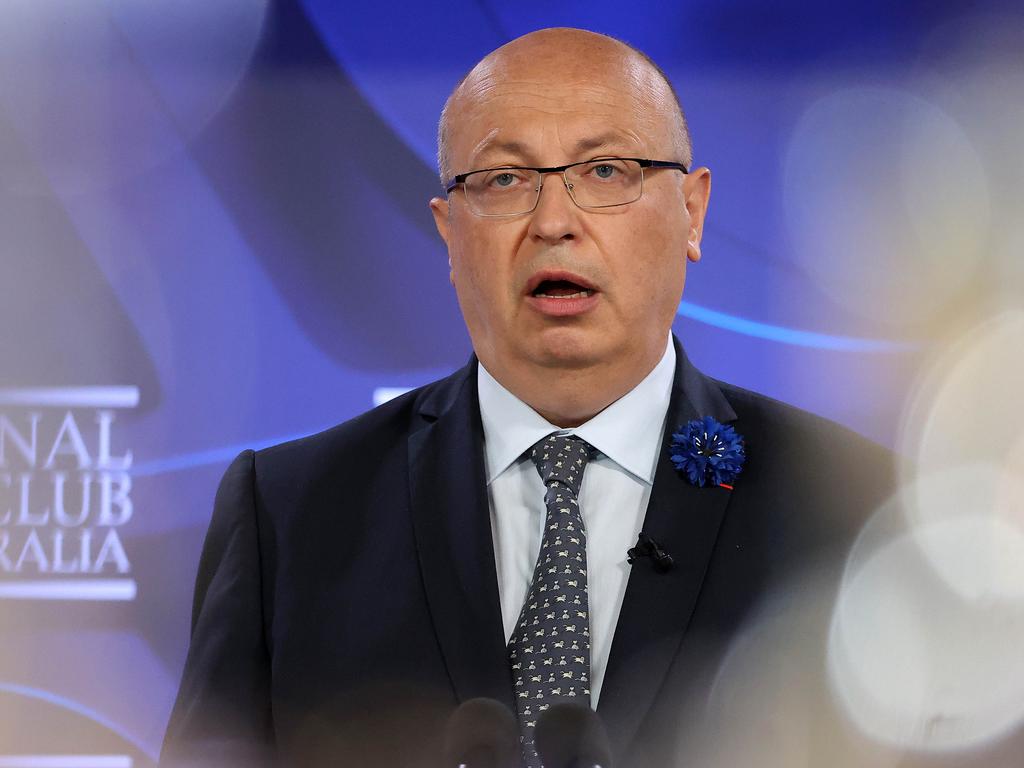

Two seismic events: Joe Biden’s Democrats lost the governorship of Virginia, and the French ambassador in Canberra delivered a speech which, while graceless and insulting, made three devastating charges against the Morrison government.